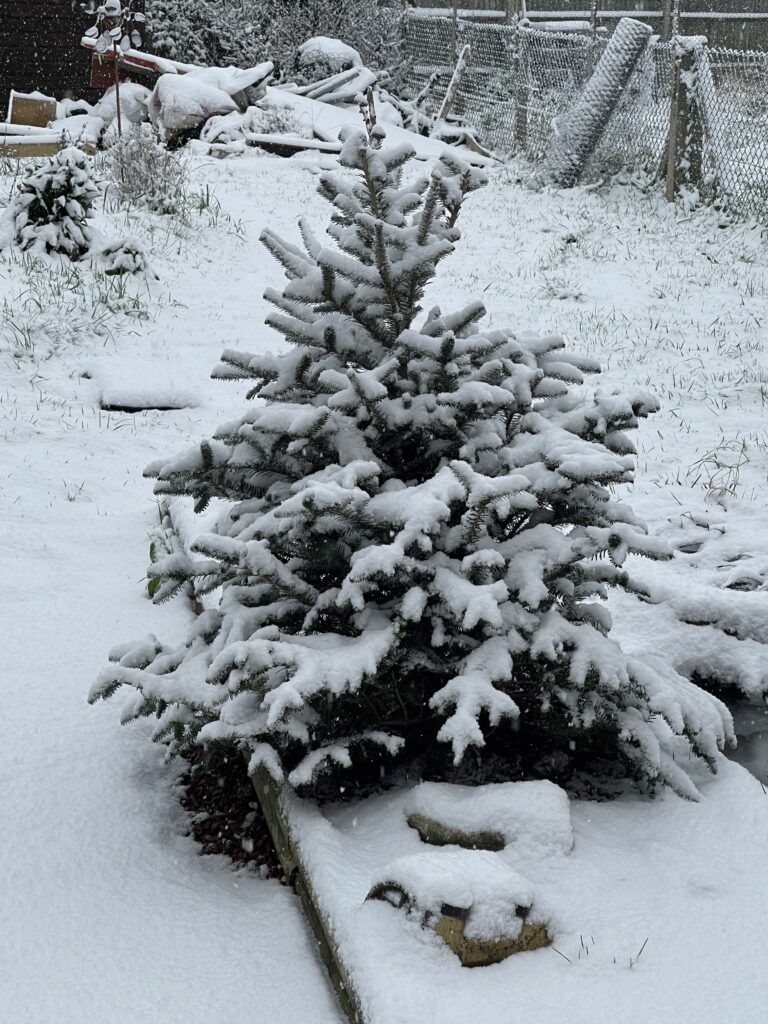
Why Do Cold and Wet Winters Bring More Rodent Problems?
Table of Contents
- Introduction
- How Winter Weather Increases Rodent Issues
- Why Rodents Enter Homes in Cold or Wet Weather
- Understanding Common Rodent Species in the UK
- How Shire Pest Solutions Can Help
- Preventative Steps to Deter Rodents
- Conclusion
1. Introduction
Why Do Cold and Wet Winters Bring More Rodent Problems every year, as winter sets in and temperatures drop, rodent issues surge across the UK. With cold weather, heavy rainfall, and prolonged cold spells, homeowners and businesses in towns like Didcot and Abingdon notice an increase in rat and mouse sightings. This annual phenomenon isn’t a coincidence. Understanding why cold, damp conditions cause rodents to seek warmth indoors can help property owners take steps to protect their homes and businesses.
2. How Winter Weather Increases Rodent Issues
Rodents have a natural instinct to seek warmth, shelter, and food in the winter. When temperatures fall, they need to find insulated spaces to survive, making homes and businesses ideal refuges. In particularly cold or wet winters, more rodents come indoors as the resources they usually rely on outdoors become scarce. Heavy rain can also push rodents from their underground burrows and nests into warmer, drier places.
In addition, rodents breed year-round, though activity can slow in the cold. However, a long cold spell can concentrate rodent populations in enclosed spaces, increasing encounters with people. This phenomenon affects areas throughout the UK, from rural settings to bustling town centres like Didcot and Abingdon, where rodents find easy access to food and shelter.
3. Why Rodents Enter Homes in Cold or Wet Weather
- Need for Warmth: Rodents seek out insulation provided by walls, lofts, and floorboards in properties.
- Hunger and Food Scarcity: In winter, food becomes harder to find, driving rodents towards human spaces for sustenance.
- Loss of Natural Habitats: Prolonged cold spells and damp conditions flood burrows and disturb outdoor shelters, forcing rodents to relocate.
4. Understanding Common Rodent Species in the UK
- Brown Rats (Rattus norvegicus): Also known as the Norway rat, these pests thrive in urban areas like Didcot and Abingdon. They search for warm, food-filled environments, making properties with easy access to food sources prime targets.
- House Mice (Mus musculus): Smaller but equally disruptive, house mice can squeeze into tight spaces, exploiting small holes in walls, roofs, and floors. Their smaller size allows them to easily inhabit homes, especially in winter.
5. How Shire Pest Solutions Can Help
Winter doesn’t have to mean sharing your home with rodents. Shire Pest Solutions offers effective strategies to combat and prevent rodent issues, from inspections to treatments. Based in the heart of the UK, we service areas including Didcot and Abingdon, helping property owners keep their spaces rodent-free all year round.
Inspections and Proofing
Shire Pest Solutions conducts detailed inspections to identify potential entry points and vulnerabilities. By thoroughly inspecting the property, we determine how rodents enter and what attracts them. Once identified, our team can seal and proof these entry points, ensuring a first line of defence against future rodent intrusions.
Trapping and Baiting
Our team uses safe and humane trapping and baiting techniques to address active infestations quickly. We place traps in strategic locations where rodents have entered, ensuring effective results without unnecessary harm to the environment or non-target animals. With proper baiting techniques, Shire Pest Solutions controls rodent populations effectively, offering both short-term and lasting solutions.
Prevention and Monitoring
After clearing infestations, ongoing prevention and monitoring remain key to maintaining a rodent-free environment. Shire Pest Solutions provides advice on best practices to prevent reinfestation, from proper food storage to keeping waste areas clean. Regular monitoring can help catch any early signs of rodent activity, addressing problems before they grow.
6. Preventative Steps to Deter Rodents
- Seal Entry Points: Even small gaps and holes can allow mice to squeeze in. Check around doors, windows, vents, and the foundations of buildings for any openings and seal them.
- Remove Food Sources: Store food in secure containers, avoid leaving pet food or birdseed outdoors, and clean up any crumbs or food scraps immediately.
- Clear Clutter: Rodents love hidden spaces for nesting. Keep your garage, loft, and garden shed free from excess clutter.
- Maintain Rubbish Areas: Rubbish bins with secure lids prevent rodents from finding food around your property. Keeping bins a distance from the building also discourages rodents from exploring further. For more information on maintaining a rodent-free environment, read this blog as well.
Shire Pest Solutions also provides consultations for residents in Abingdon and nearby towns, guiding them in implementing these preventative measures to lower the risk of winter rodent invasions.
7. Conclusion
Cold and wet winters present ideal conditions for rodents to seek shelter indoors. However, with vigilance and the right pest management plan, property owners can protect their spaces from unwanted guests. Taking proactive steps can make a difference in preventing infestations, but if rodents become a persistent problem, Shire Pest Solutions offers comprehensive solutions for residents in Didcot, Abingdon, and beyond.
Prepare for winter by safeguarding your property against potential rodent invasions. With a thorough inspection, effective trapping and baiting, and expert advice, Shire Pest Solutions ensures peace of mind and a rodent-free environment this winter and every season thereafter.
